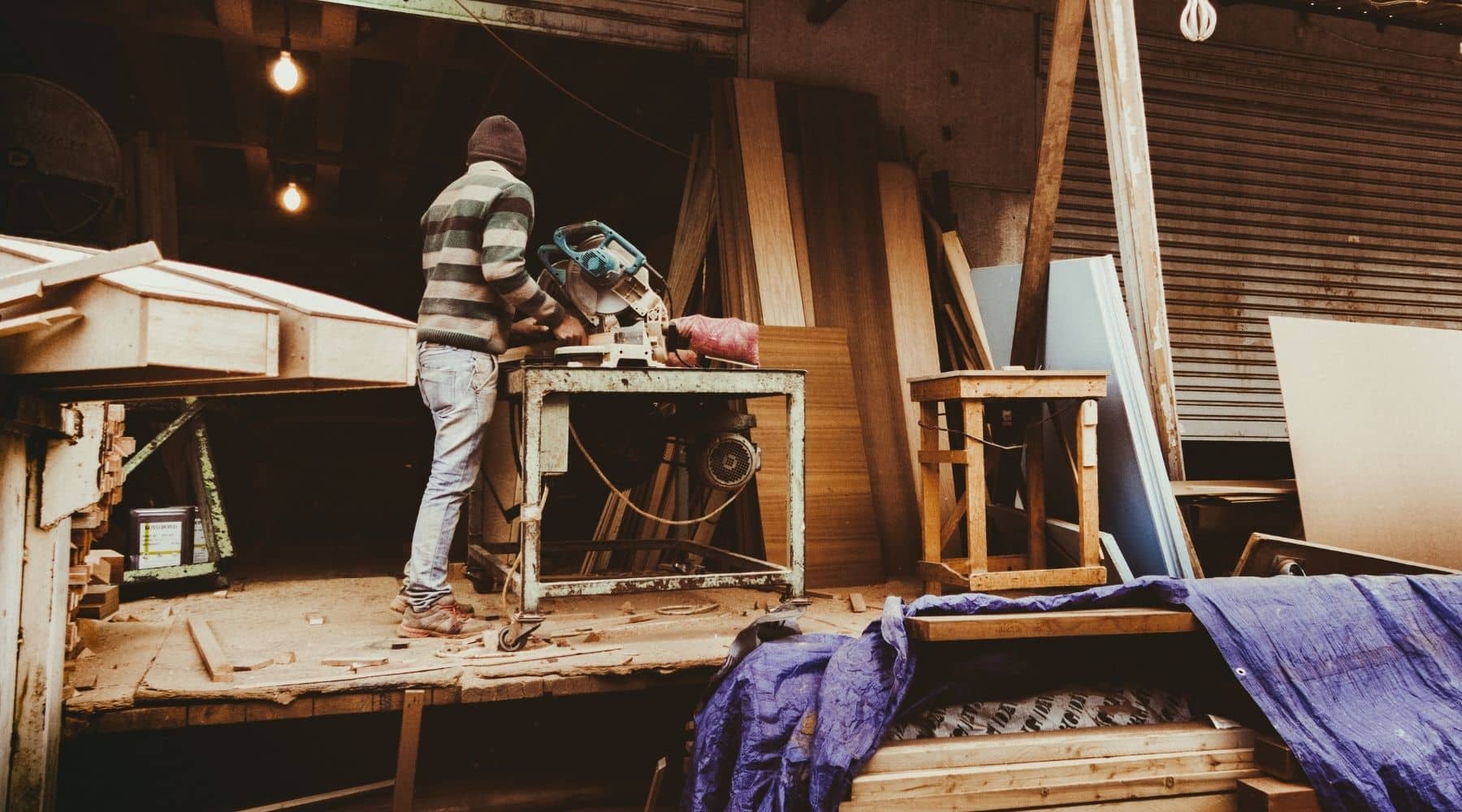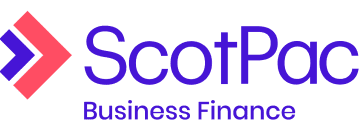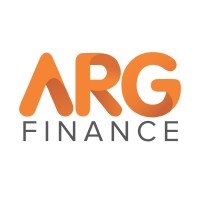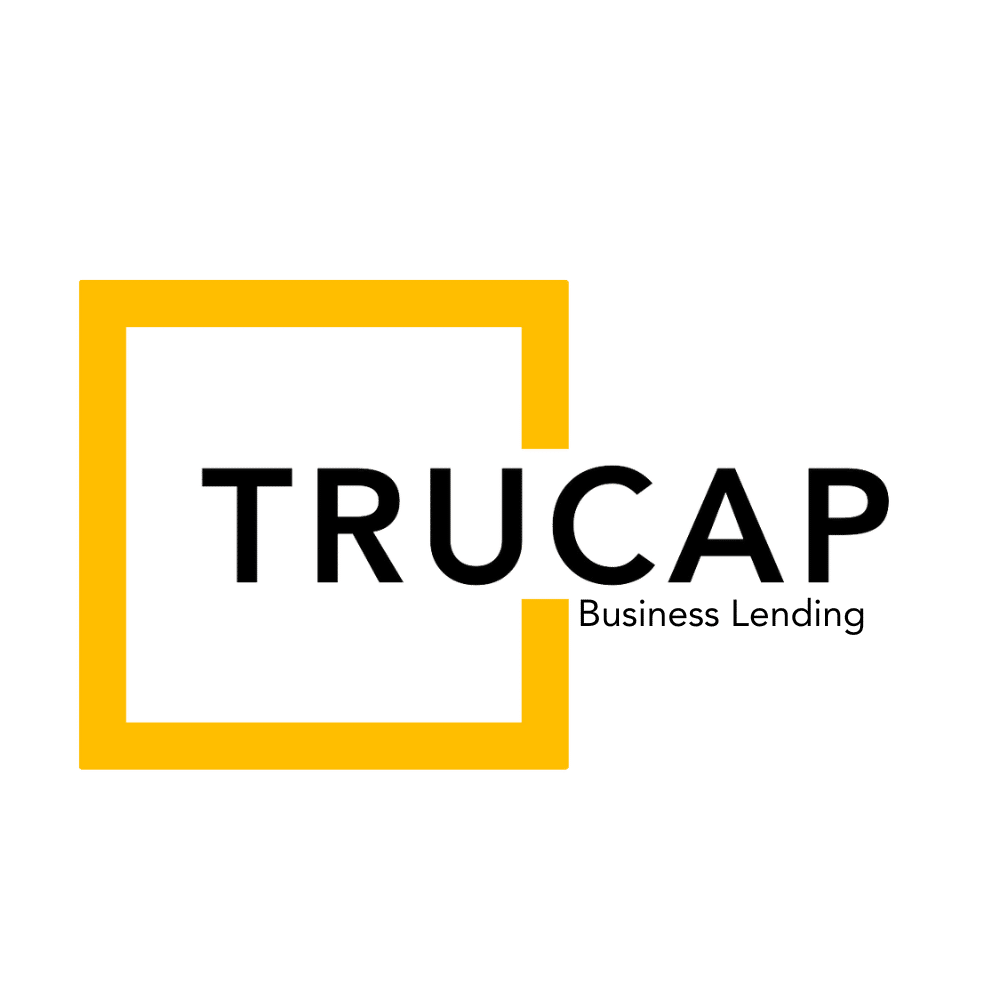It’s safe to say Australia has a lot of tradies. According to the Australian Bureau of Statistics (ABS), there were 462,939 construction businesses operating as of the end of the 2024-25 financial year. That’s the most of any industry, adding up to 17.0% of all businesses operating across the country at that time.
With so many builders, plumbers, electricians, carpenters and more out there with businesses of all shapes and sizes, it isn’t one size fits all when it comes to finance. For example, what an apprentice can access will be different to what their boss can.
Finance options by trade stage
Apprentice
As the least-experienced and lowest-paid of all tradies, finance options tend to be more limited for apprentices. However, that doesn’t mean that you can’t be approved for a standard secured consumer car loan or unsecured personal loan if you’re yet to complete your apprenticeship.
As a wage-earning worker, commercial loans are less common. Taking out a consumer loan still allows you to claim tax deductions for commercial usage of the asset/s you buy, which may include interest and fees on your loan.
It’s important to be wary that if you’re just starting your apprenticeship or are straight out of high school, applying for a loan straight away will probably lead to you being knocked back. Wait at least three to six months before you submit your application.
Full-time tradesperson
The situation for full-time tradespeople is similar to that of apprentices, but with improved odds of approval by virtue of higher pay and potentially steadier employment.
The same options are available, with secured vehicle finance and personal loans both available with commercial usage-related tax benefits. If you do want to take out a business loan, though, you’ll need to have an ABN and meet your lender’s criteria.
Sub-contractors (self-employed)
Sub-contractors are different to PAYG workers when it comes to lending. Because you have an ABN and are self-employed, rather than earning money as a regular employee, commercial finance deals for vehicles and assets are more common.
This opens you up to unsecured business loans as well, which allow you to use your funds however you like (provided they’re for business purposes). Personal loans are still available but less popular among sub-contractors, as business loans come with higher maximum loan amounts once you’ve built a strong business and repayment history.
If you don’t have all the financials you need, though, you could go for low doc finance instead. This option means you may not have to show any proof of income at all to be approved, depending on your profile. In this situation, lenders will usually focus on things like the length of ABN and GST registration and the assets in your name.
Company owner
If you’re a company owner, your borrowing power and chances of approval align with your business’ trading history. With a brand-new ABN and GST registration, you probably won’t qualify for much.
However, with two or more years of each and solid financials, you’ll be considered a more attractive prospect for lenders than most other commercial applicants. Both unsecured and secured business loans are available.
What can tradies finance?
Vehicles, equipment and tools
There’s a wide range of assets, equipment and tools that you might be looking to finance as a tradie. For vehicles and equipment, especially, you can choose to buy them with a chattel mortgage or lease them, which can either be done through a finance lease or an operating lease.
Here are some of the essentials for different trades:
| Trade | Mandatory | Equipment and tools |
|---|---|---|
| Electricians | Ute or van | Power tools, ladders, testing equipment, conduit benders |
| Bricklayer | Ute or small truck, mixer, scaffold | Mixer, trowels, levels |
| Plumbers | Ute, van or small truck | Drain cameras/jet rods, pipes, excavator or trenching machine – trailer |
| Carpenters | Ute or van | Saws, drills, nail guns, ladders, levels |
| Concreters | Ute or small truck | Mixer, excavator, screeds, trowels |
| Roofers | Ute or small truck | Scaffold, edge protection, ladders, harnesses |
| Landscaper | Ute or small truck | Excavator, wheelbarrows, chainsaws, trimmers |
| Mechanic | Workshop/garage | Hoist, tool chests, diagnostic equipment |
The cost of starting up a plumbing business
Noah is looking at starting up his own plumbing business. He decides to buy a Ford Ranger Single Cab XL 2.0 4X4 to get from A to B, which starts at $48,230, with a trailer for $4,899. He also needs to spend $3,000 on tools and equipment and around $1,500 per year on business insurance, which adds up to a total of $57,629.
There are a few different finance options available to him. He can take out a loan for the car ($48,230) and pay for the trailer and equipment separately, include the trailer in the loan ($53,129) and keep the equipment separate or bundling it all into one business loan.
Because he can claim the interest on his loan up to the portion of the purchase’s usage, he decides to bundle everything into the same loan. Because he won’t be using the ute or tools for anything other than business purposes, up to 100% of his loan’s interest is claimable.
Financing an excavator: new vs established business
SANY SY16C Excavator + Trailer Package ($34,990)
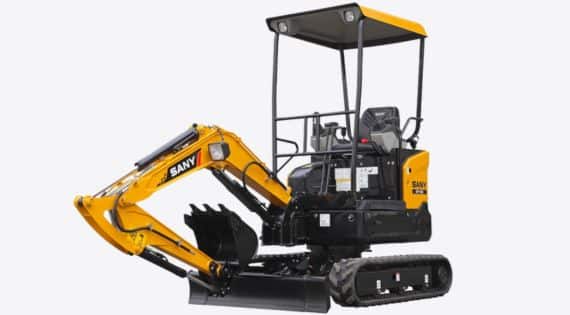
| ABN and GST registration | Interest rate | Monthly payment | Total interest payable |
|---|---|---|---|
| 4+ years | 6.69% p.a. | $688 | $6,274 |
| 0-1 years | 8.49% p.a. | $718 | $8,072 |
|
4+ years 0-1 years |
|
6.69% p.a. 8.49% p.a. |
|
$688 $718 |
|
$6,274 $8,072 |
Price and model taken from Machines4U listing on 15 September 2025. Calculations don’t include additional purchase costs or loan fees. Interest rates based on the lowest rates available through Savvy partners as of 15 September 2025 and may not reflect the rate your business is offered.
Cashflow
Another common use of business finance funds for tradies is to boost cashflow. These options are generally unsecured, but attaching an asset as collateral will increase your business’ borrowing power. Some of the options you might want to use for this purpose are:
- Unsecured business loan: can borrow up to $300,000 (depending on individual borrowing power) and use funds however you like.
- Line of credit: either secured or unsecured, lines of credit are like credit cards in that you can access funds whenever you need them (rather than receiving a single lump sum) and pay off debts at a manageable pace.
- Invoice finance: this type of finance allows you to access funds owed from unpaid invoices. This can either be through invoice factoring (selling your invoices to a third party who seeks out the funds) or invoice discounting (borrowing against your outstanding invoices’ value and chasing them up yourself). Factoring can advance up to 95% of the value, compared to 85% for discounting.
Tax and other debt consolidation
Debts can be difficult to manage for tradies, especially if they’re from multiple sources on different payment schedules. That’s why taking out a loan to consolidate outstanding debts is common among business owners. Doing so allows you to clear the balance with your creditors and choose a payment schedule that suits your business.
Loans for ATO debts are also becoming more common, especially given the recent changes to legislation that deemed interest on these debts no longer tax-deductible. By taking out a loan to clear your tax debt, you can remove pressure from the ATO, pay it off at a manageable rate and claim interest as a tax deduction.
Why apply for a business loan with Savvy?
Expert brokers
You can speak with one of our specialist commercial brokers who can walk you through a range of loans to best suit your company's needs.
Over 40 lending partners
You can compare business loan offers, through a range of trusted lenders, maximising your chances of a great rate.
Fast online process
You can fill out our simple online form to generate a free business finance quote within minutes. You can also come back to it at any time.
How to apply for tradie finance with Savvy
-
Fill out our online form
Tell us about yourself, your tradie work and what you want to finance.
-
Submit required documents
Send any necessary docs through our online portal to verify your profile.
-
Get a call from your Savvy broker
Talk through your finance options and the next steps with your application.
-
Have your application prepared
We’ll put everything together and submit it to your lender for assessment.
-
Approval and settlement
Once approved, we’ll handle settlement and your deal will be secured.
- Counts of Australian Businesses, including Entries and Exits: July 2021 – June 2025 - Australian Bureau of Statistics
- Insurance for Plumbers - BizCover
- Machines4U - Machines4U

